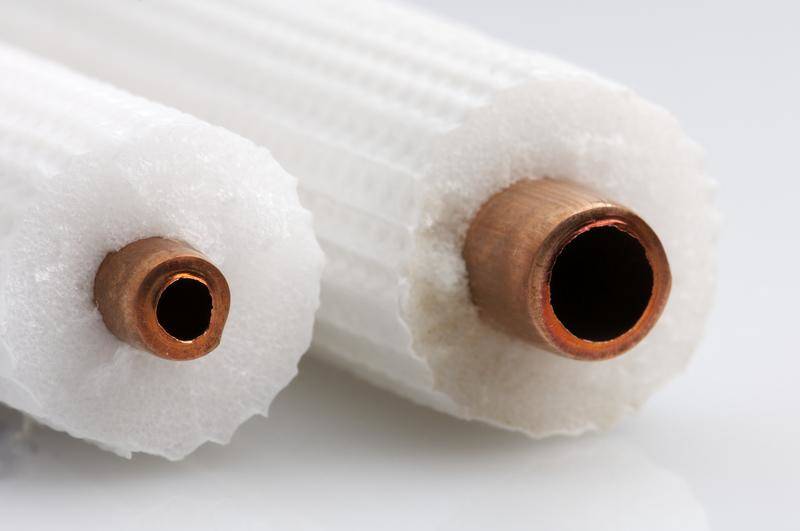You’ve heard the stories of pipes freezing and bursting during the winter. Maybe it has even happened to you. Knowing how to protect your pipes in cold weather is essential. Here are the most important things to consider.
What Happens Exactly?
During the winter, the cold decreases the temperature of the water flowing through your pipes. Water expands as it begins to freeze, which is what can cause pipes to burst. Problems with freezing water often occur when a part of the home where pipes are located isn’t heated. Lack of sufficient insulation also leads to frozen pipes. What outdoor temperature are your pipes risk of freezing at? When temperatures drop to 20 degrees Fahrenheit outside, pipes can freeze.
Signs of Trouble
Know the warning signs that something is wrong with your pipes so you can fix problems quickly before they result in more expensive repairs. Leaky pipes often aren’t taken seriously by homeowners, but they should be. According to Payless 4 Plumbing, a leaky pipe can be a constant source of irritation around the house. It drives up water costs, damages the foundation of your home and will only get worse as time goes on. There are various signs that may warn you of this problem. Excessive water bills or weaker water pressure, odd smells or discoloration of your water and damp spots in the drywall are all clues. You should schedule a spring inspection for your pipes every year to help prevent these problems from occurring. The plumber will look inside the pipes and inspect them for early signs of damage. Plumbers can also predict when you will begin experiencing problems with the pipes.
How to Prevent Your Pipes From Freezing
If you have water supply lines in the garage, never leave the doors open during the winter. The frigid air flowing in is enough to freeze your pipes. Regularly leave the bathroom cabinet and kitchen cabinet doors open to warm up the inside. On extremely cold days, let water drip from your faucet. The constant flow of water can prevent your pipes from freezing.
When you leave the house for an extended period, never turn the thermostat below 55 degrees Fahrenheit. You should also cut off the water supply when you’ll be gone for more than a day. If you have any exposed pipes, wrap them in insulation or apply heat tape to them. You can buy these materials at a low cost from home improvement centers. For safety, only use products that are UL listed to insulate your pipes.
Caring for your pipes during the winter will prevent the expensive and stressful situation of them freezing and bursting. When you get into the habit of scheduling spring inspections, keeping your pipes in good condition isn’t as expensive as you would think.







